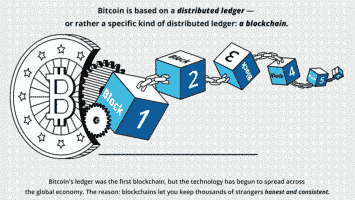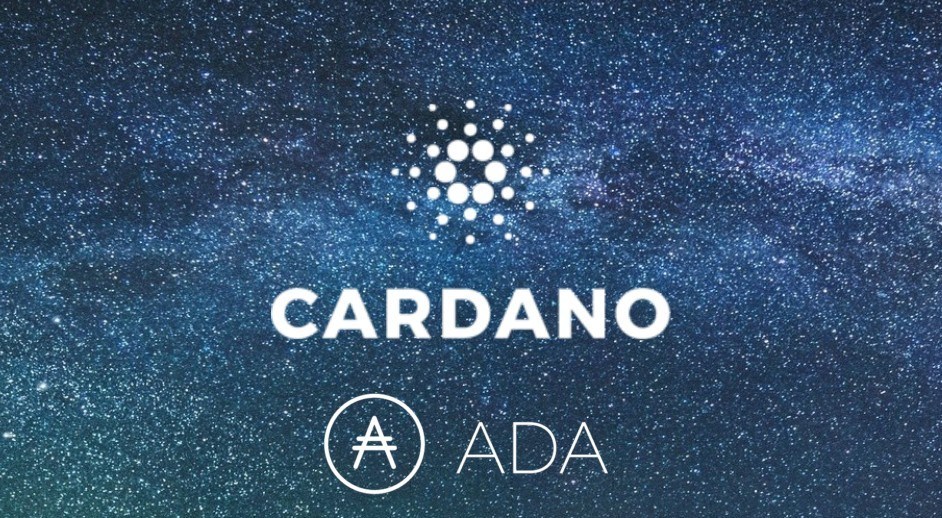on the crypto
As is known, one of the cardinal principles of cryptocurrency is the urge to unhinging financial sanctuaries and increasing economic inclusion of those who today are excluded from the enjoyment of tools such as a simple bank account. A dream that however could turn into its opposite, at least according to what was stated by EESC (European Economic and Social Committee) as part of a report on blockchain technology which should be a reason for reflection precisely for those who would like to make digital assets a vehicle of greater democracy.
What the EESC says
Pay due attention to try to prevent blockchain technology from becoming the tool of a "digital elite": This is the most important recommendation contained in the report prepared by the EESC, an EU advisory body in which representatives of workers' organizations, employers and other interest groups are called to express their opinion.
In fact, if this happened, a real technological aristocracy would be able to do and undo as it likes. If the fact that the European Union, which is accused by millions of citizens of the old continent of being the instrument of economic and financial oligarchies, is raising the alarm can raise irony, it is still necessary to recognize its validity, in the light of a long-standing question , the one represented by digital gap.
What is the digital gap
By digital gap we mean the gap which is formed between those who know how to make the best use of new info-telematic technologies and people who, on the other hand, have great difficulties in mastering them. To better understand the concept, it should be remembered that in practice its application leads to the division of people into three categories on the basis of how they experience the irruption of information technology in their existence:
1) "Digital denied", those who do not use technological devices and do not show the slightest intention of doing so;
2) "digital immigrants”, A group that sees the presence of those who approached new digital technologies in adulthood, for a need that then turned into passion, thus accepting the advantages that they are able to provide, thus transforming them into a resource;
3) "digital natives”, Those who from an early age come into contact with new technologies becoming good users.
According to the EESC, it needs to change direction
According to the EESC, the solution to prevent an oligarchic drift that would effectively nullify the potential of the blockchain can only go through the abandonment of the closure so far carried out on input from the French government, involving civil society in the decision-making processes, in particular by making it actively participate in the two commissions launched in February 2018, namely the Blockchain Observatory and the European Blockchain Partnership.
Mostly everyone's access to this technology is considered very important by the EESC, in order to make the effective inclusion capacity of blockchain applications possible. Continuing to consider computers as tools to be used without understanding how they work goes exactly in the opposite direction and for this reason we need to focus on training eliminating in the bud dangers that form technological aristocracies able to monopolize the blockchain.



